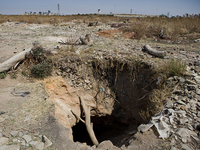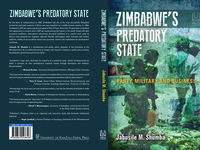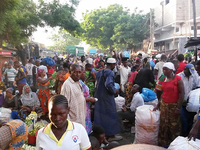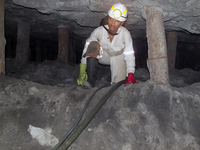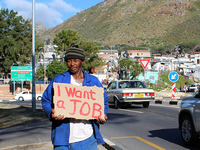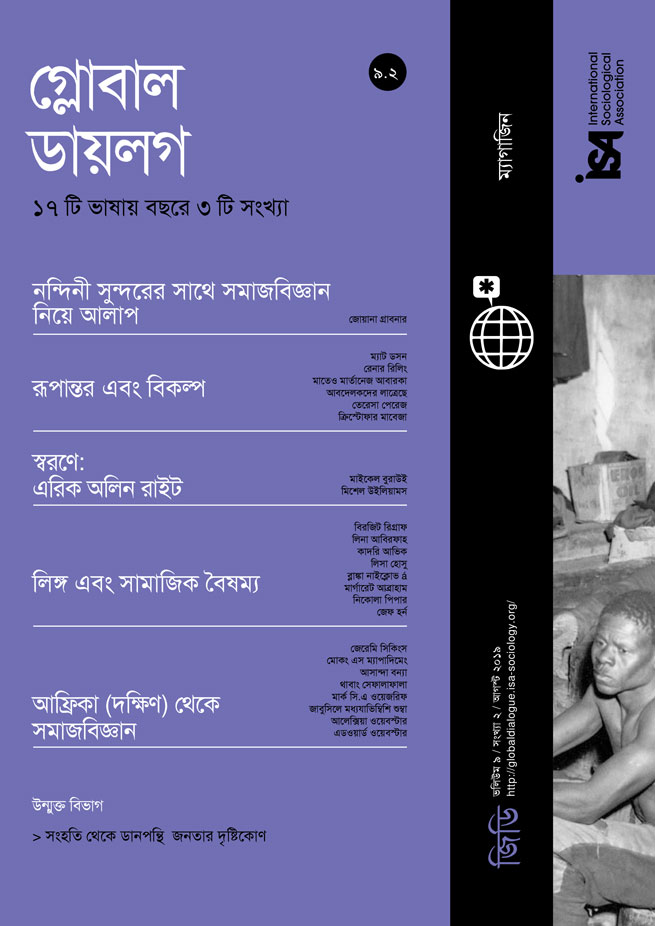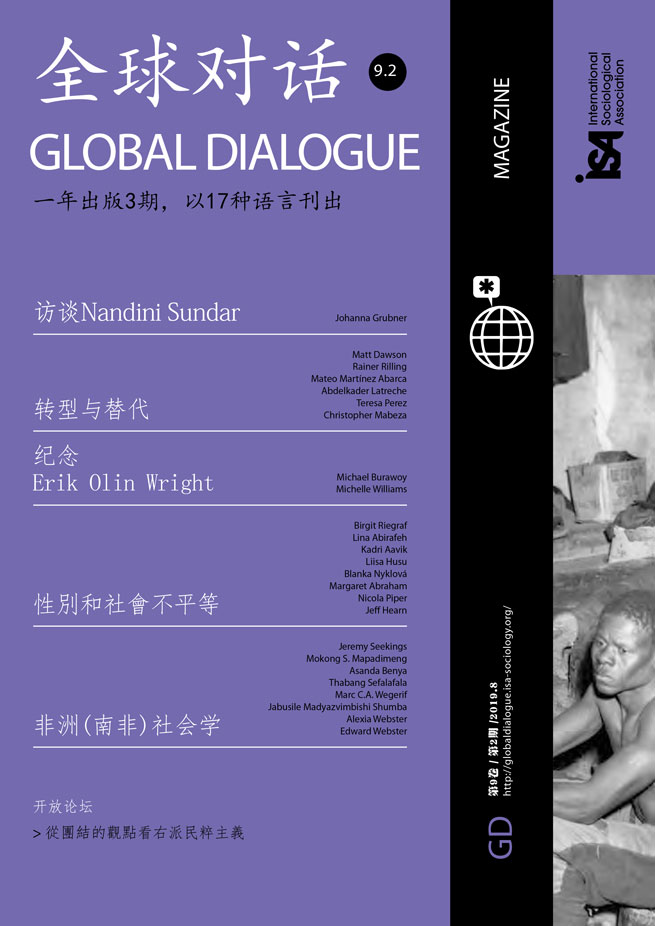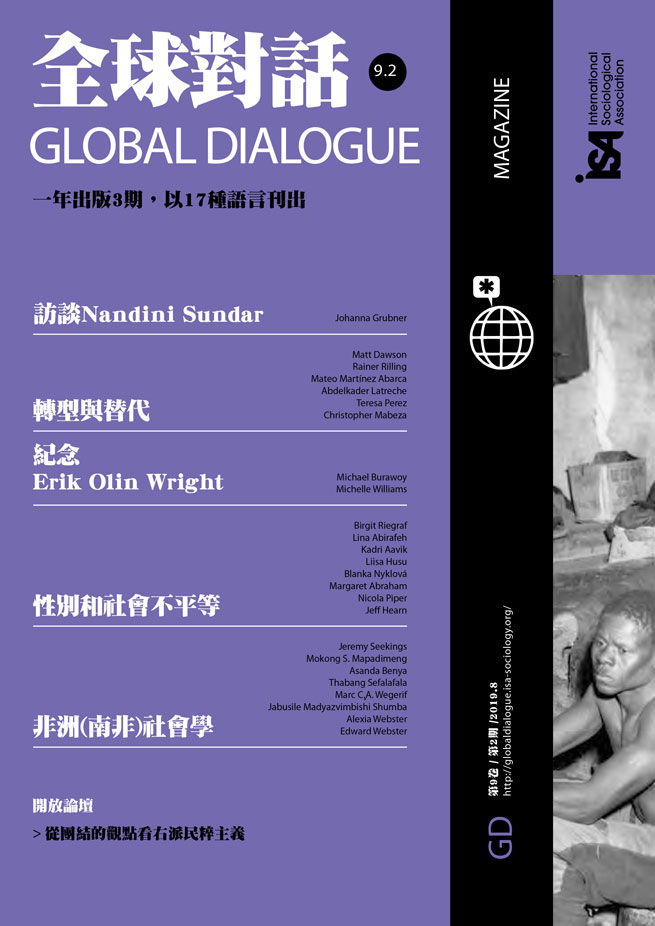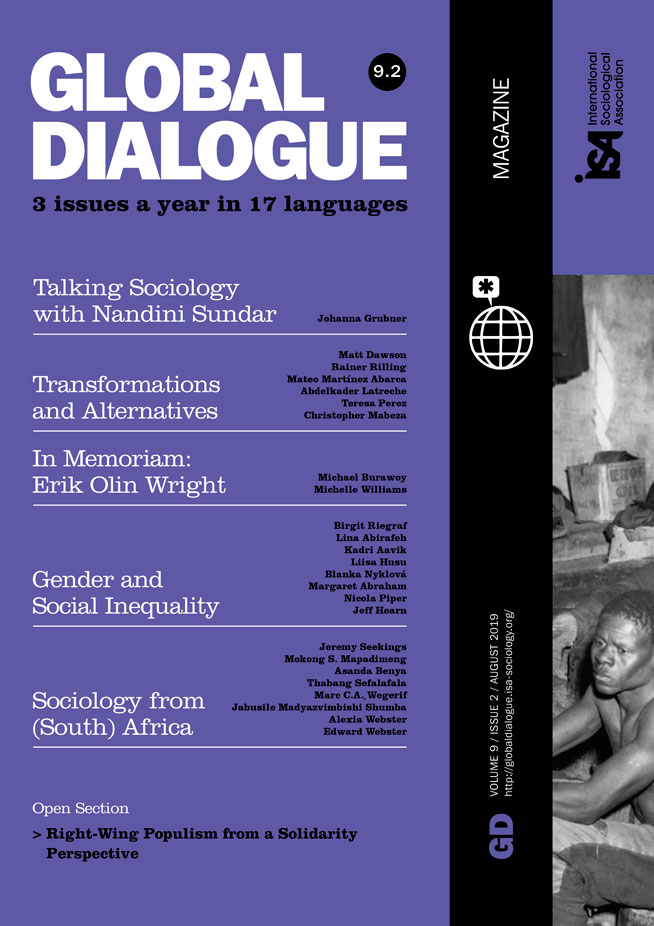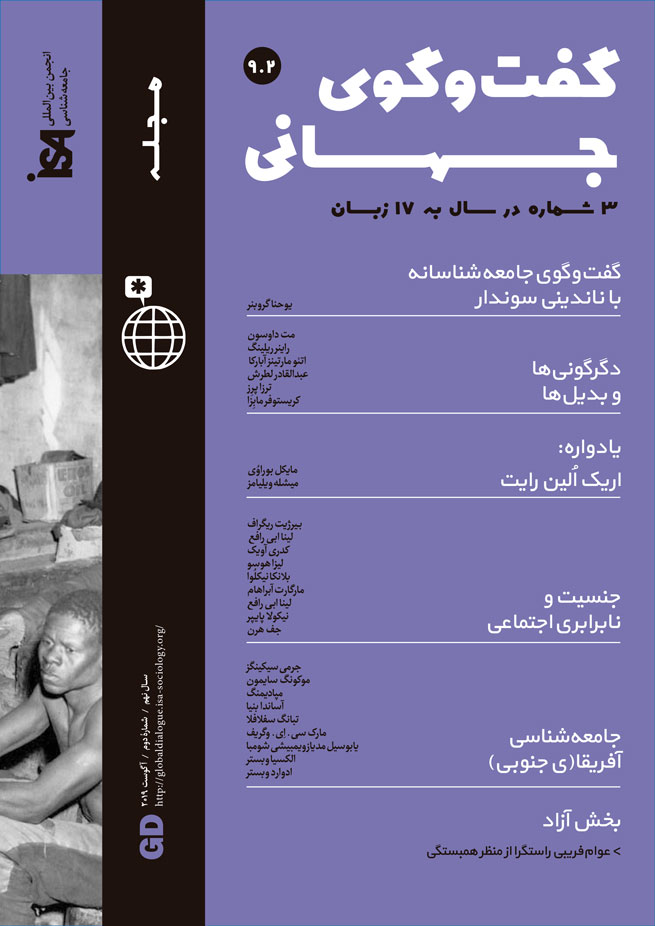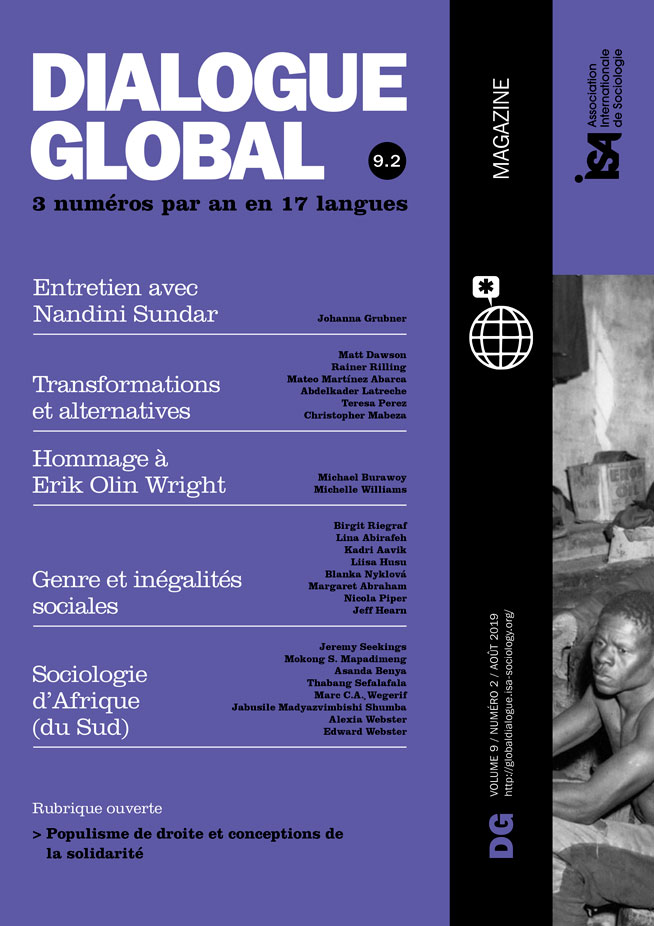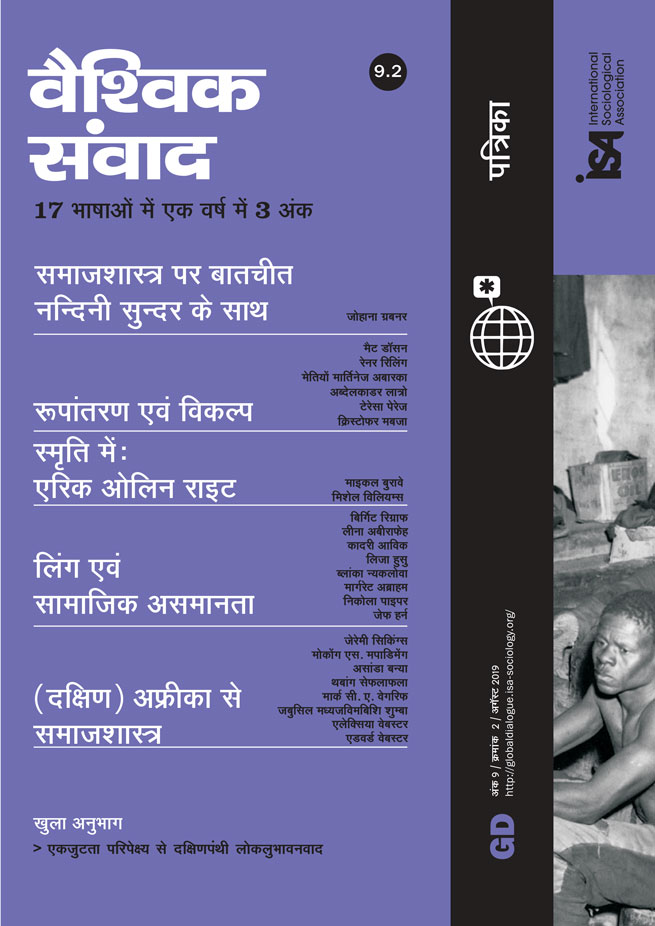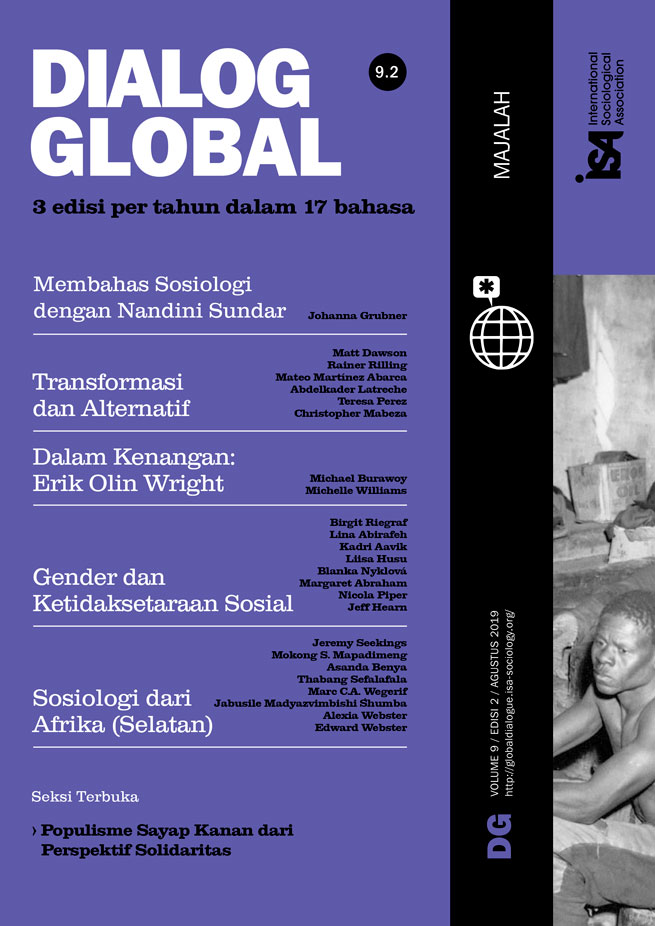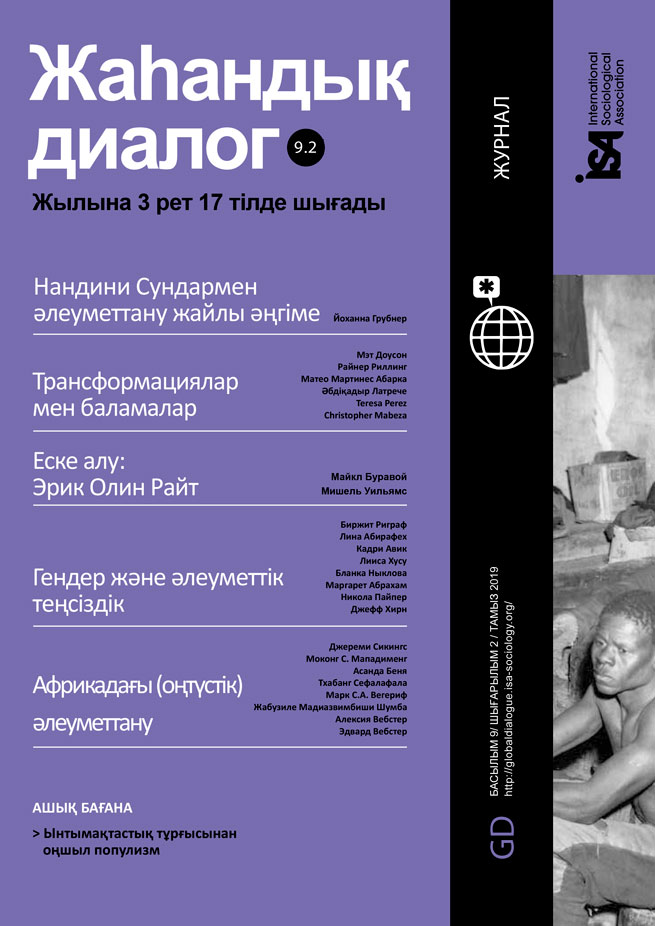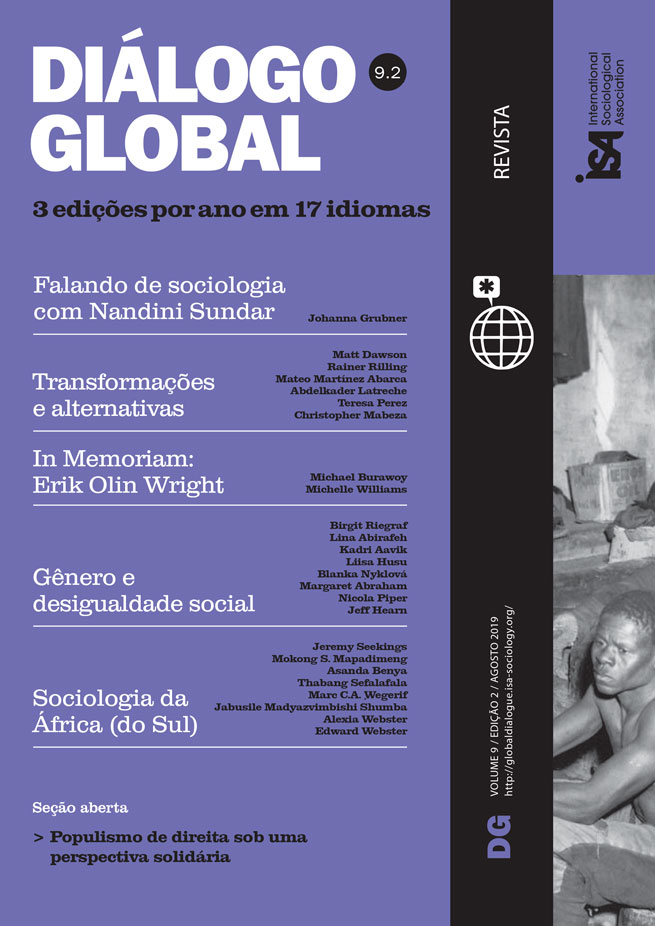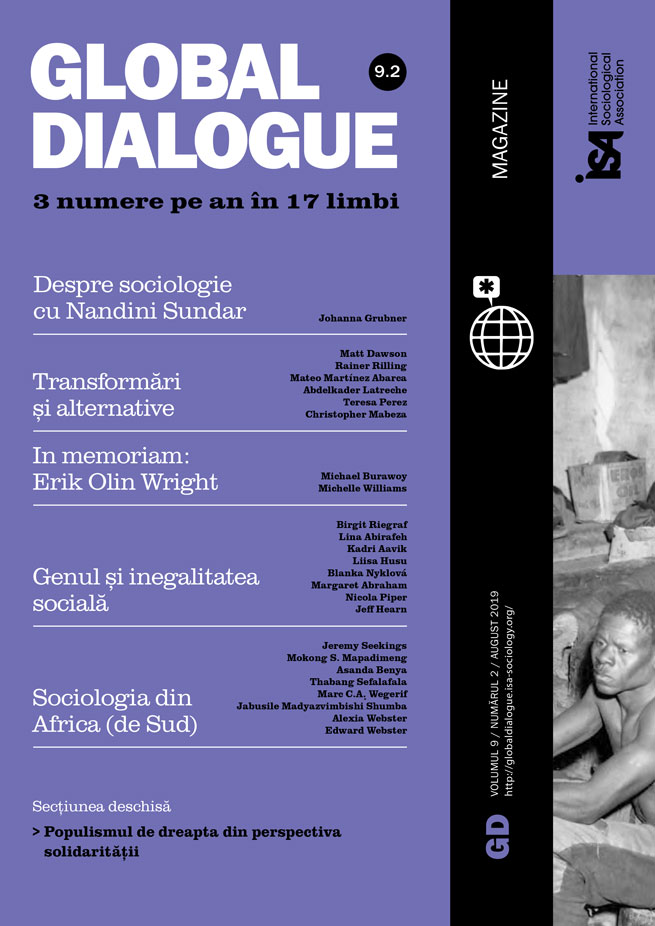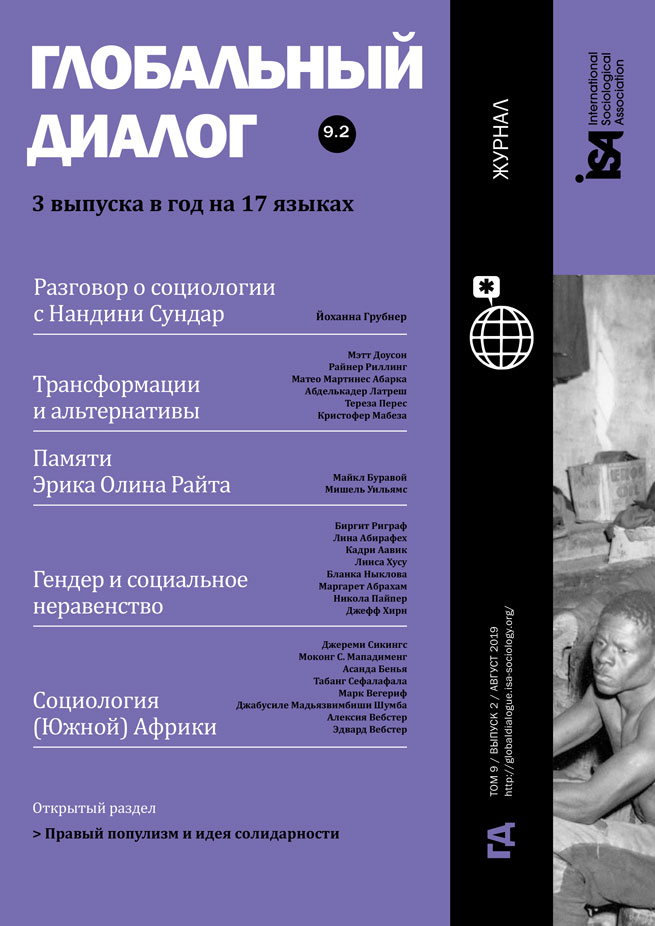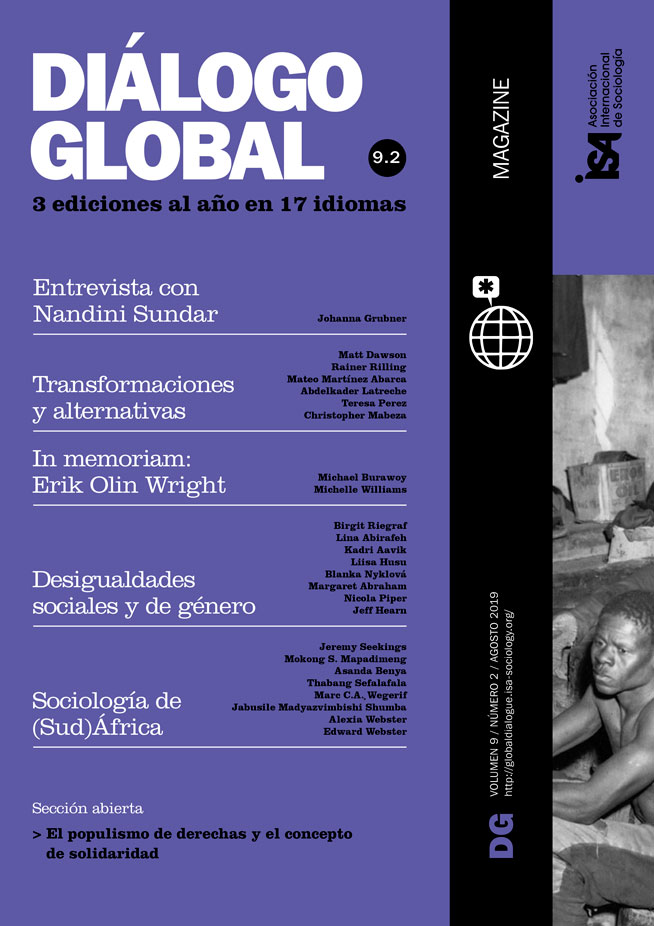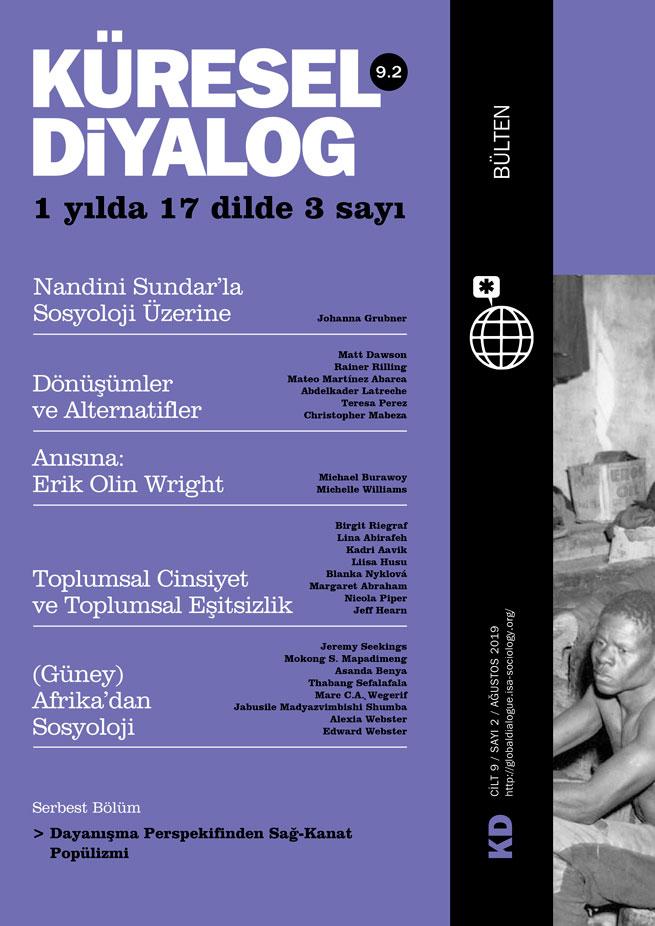Discussions on the experiences of unemployment by scholars, analysts, policy makers, and the public often focus on the economic effects of unemployment, neglecting in the process extra-economic factors that are every bit as important. What is often intimated is how unemployment is primarily a problem of material hardship and poverty. Men’s inability to provide for the material needs of their households is seen as a fundamental source of threats to masculinity, of humiliation, and shame.
Debates on unemployment, especially in policy circles but also beyond, often largely focus on the economic effects of unemployment, therefore privileging conceptions and understandings of unemployment as mainly a livelihood problem.
Between 2013 and 2014, I conducted an ethnographic study of black unemployed ex-mine workers retrenched from the goldfields of the Free State province in South Africa. The findings present insights which confirm this view but also challenge it. That is to say, they do not dismiss the economic effects of unemployment, but they also show that there is more to their suffering.
Nineteenth- and twentieth-century capitalism powerfully synthesized wage work as an anchor of personhood and masculinity. Large numbers of African men were recruited from rural areas and inducted into wage work. Proletarianization implied the powerful production of shared collective proletarian identities, in which wage work signified a decent life, especially as a male breadwinner.
As wage work assumed authoritative significance over representations of a decent and dignified life, a South African and global crisis of wage work has emerged. The rise of unemployment has seen a growing number of work seekers unable to find jobs. In addition, jobs in the neoliberal capitalist period often lack the characteristics associated with traditional jobs. They often lack voice, security, and benefits. Despite the deep crisis of wage work, suggesting the exhaustion of its ability to fulfill the traditional responsibilities apportioned to it, wage work remains central to conceptions of dignified humans in the modern world.
As a result, large numbers of people’s everyday life is one of deep, protracted economic instability and insecurity. In South Africa, the social security system, lauded by some as the most comprehensive on the African continent, does not cover the unemployed. As such, unemployed youth and other categories of the labor force lack any meaningful prospects of stable and predictable income to meet their basic needs.
My research shows that retrenched ex-mine workers’ experiences of economic insecurity were often shaped by the masculine self-formation associated with mine work, including as breadwinners. For example, one of my interviewees called Raseboko, an ex-mine worker, stated that unemployment erodes a man’s status because he can no longer provide for his family. He said: “Unemployment has taken away my status as a man. A man gets his status from providing for his family. If I cannot provide for my family, what status is there?”
Unemployed men lose confidence, feel worthless, and may even contemplate suicide due to abrupt changes and maladjustments associated with unemployment: “You cannot provide for your family as a man. The pressure from my family was too much, I even thought about committing suicide. I felt that I was nothing, no one important to my own family. Useless. I cannot see what I am still living for.” They experience envy at seeing other men provide for their families, and are unable to sustain participation in community burial and saving clubs.
On the surface, the data seem to support the idea that the detrimental effects of unemployment mainly relate to economic hardship and poverty. Yet, economic hardship and poverty are not exclusive to the unemployed; the “working poor” are employed but materially deprived people.
Ex-mine workers drew on provocative images of black injured bodies with missing parts to describe what it meant to them to be unemployed. It meant a certain kind of “de-classification,” that is the process of being cast into a different, or lower, state of existence than before. Images of sick and battered black bodies were used as metaphors to describe disjointed and broken social and moral orders. This conveys the idea that such an existence was for them an anomic state of being in the world.
Wage work no longer appears as an external activity in which they engaged instrumentally, merely to construct and develop sustainable livelihoods; it becomes an embodied object of desire.
The embodiment of wage work implies a deeper, more existential, moral authority such that the absence of wage work transcends the economic, social, and psychological implications and powerfully appears as an intangible condition of anomie, experienced as a sense of loss.
To lose a job did not only mean the loss of income, but moral debasement. That is, the loss of being and existing in the world in ways that are commensurate with dominant wage work and capitalist relations, norms, and values.
Thus, the humiliation and stigma of the unemployed is not merely because their livelihoods have been compromised. It is because, in a wage-centered discourse, unemployment is a crisis, because it represents a condition of maladjustment to a certain kind of hegemonic shared and collective order. Limiting our understanding of unemployment as fundamentally a problem of livelihood would lead us to the idea that simply administering some kind of cash transfer such as a Basic Income Grant (BIG) or unemployment grant would solve the problem. However, ex-mine workers rejected cash transfers as a comprehensive response to unemployment. Their rejection of a certain kind of cash transfer was not because they saw no value to it, but because to them, it did not replace what had been lost.
If wage work fails, the future depends on developing a strategy to de-center it and re-imagining a new shared and collective system. Thinking of alternative post-work ideas would have to confront the fact that a powerfully embodied desire has been systematically produced.
Ex-mine workers were not thinking of alternatives, they wanted jobs. This illustrates the challenge of thinking about alternatives. The moral commitment to wage work blinds the unemployed, policy makers, and analysts to possible futures outside wage work.
For post-work alternatives to be feasible, ex-mine workers, policy makers, and society more broadly would have to imagine a world in which wage work is no longer central to conceptions of dignity.
Thabang Sefalafala, University of the Witwatersrand, South Africa <Thabang.sefalafala@gmail.com>
